Few words
Ah, it is “kourabiedes” time, and the sweet aroma of “melomakarona” cookies will soon be filling Cypriot kitchens worldwide.
At the beginning of December we decorate a Christmas tree which has become one of the most beloved and well known holiday symbols. We also hang Christmas stockings for ”Santa Claus” to put some sweets in them!
For many Cypriots the holiday is preceded by a time of fasting. For Cyprus, the season is full swing by December 6th, the Feast of St. Nicholas, and will last through January 6th, the Feast of Epiphany.
…Christmas in Cyprus is traditionally a solemn, religious holiday. Throughout the festivities, there is no doubt that Cyprus honors Christ at Christmas. Beautiful carols called “”kalanda” have been handed down from Byzantine times and add to the reverent quality of the celebration. Are the remote Cyprus villages, with their whitewashed walls, stone corrals for the precious (in spirit) from a night in Bethlehem so long ago? While other cultures have Christmas elves, the Cypriot equivalent is not so benign.
Mischievous and even dangerous sprites called “Kalikantzari” (or Calicantzari) according to myth; prey upon people only during the twelve days of Christmas, from Christmas Eve to Epiphany Day, on January, 6th. Apart from the “kalikantzari” other customs of the old Cypriots related to Christmas celebrations, were the following:
The children used to get their presents on New Year’s Day and not on Christmas Day, as their “Santa” is Ai-Vasilis, whom they celebrate on the 1st January. So on New Year’s Eve, after the children had gone to sleep, the mother used to place Santa’s cake with a coin inside by the Christmas tree, lighting a candle on it and placing a goblet full of wine next to it. Tradition says, that Ai-Vasilis would come exhausted; he blessed the cake and drank the wine. Then he placed the presents for the children of the family under the tree. The children used to wake early in the morning and after cutting the “Vasilopitta” – Santa’s cake – to find out who would be the lucky one of the year – it was the person who had the piece with the coin in it – they rushed to get their presents from under the tree.
Grandfathers and grandmothers used to “ploumizoun” (give money) to their grandchildren on the morning of Epiphany Day, on the 6th January. So, the children, early in the morning used to go to their grandparents and said the following verse “Kalimera ke ta Phota ke tin ploumistira prota” (Good morning on this day of light and let us have our gift first). The grandparents were pleased and gave them their tip (money-gift).
One of the most important ways Cyprus celebrates Christmas is through food. An enormous amount of cooking and hard work starts to prepare the food for Christmas.
Traditional Sweets
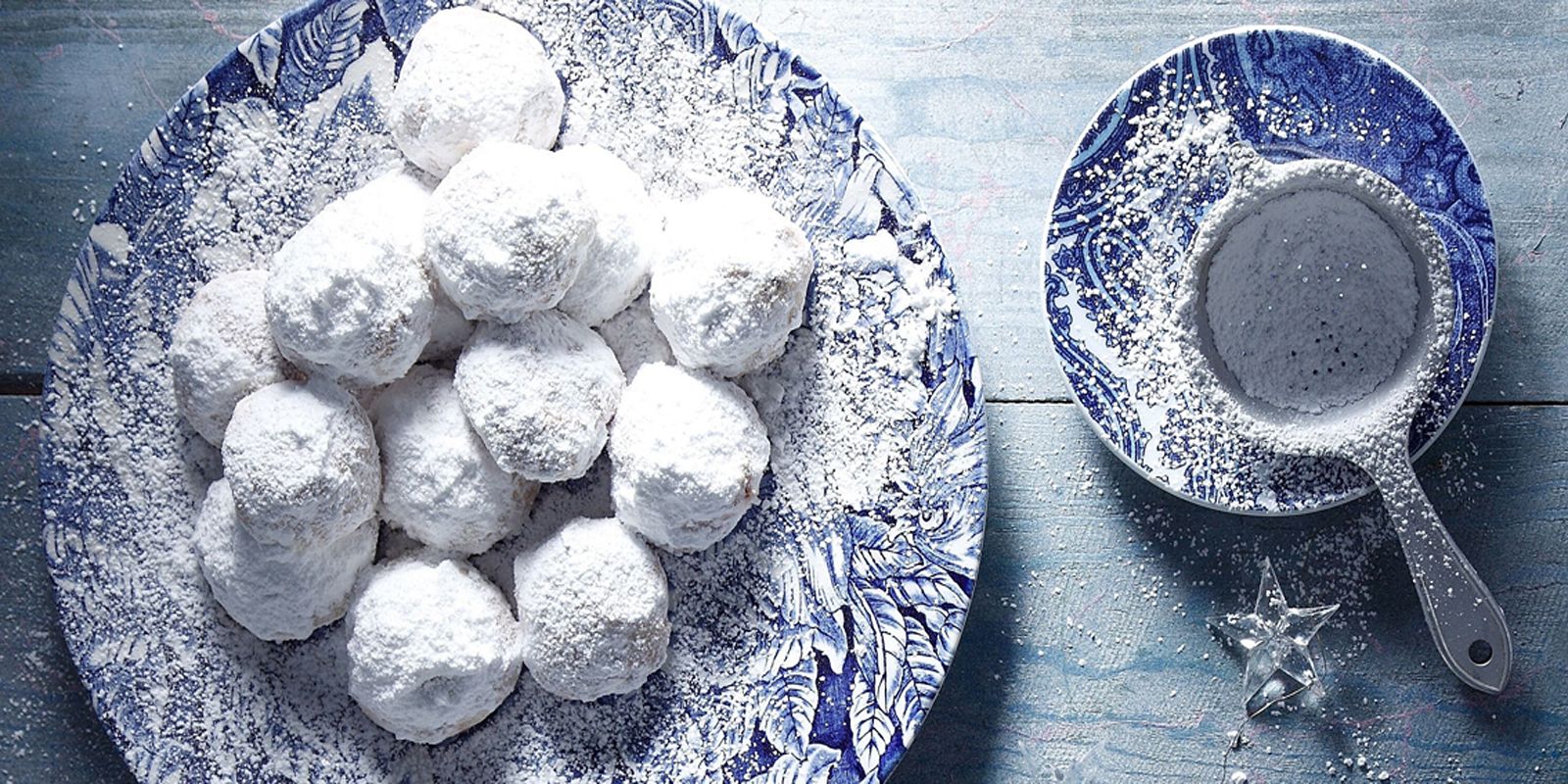
Kourabiedes
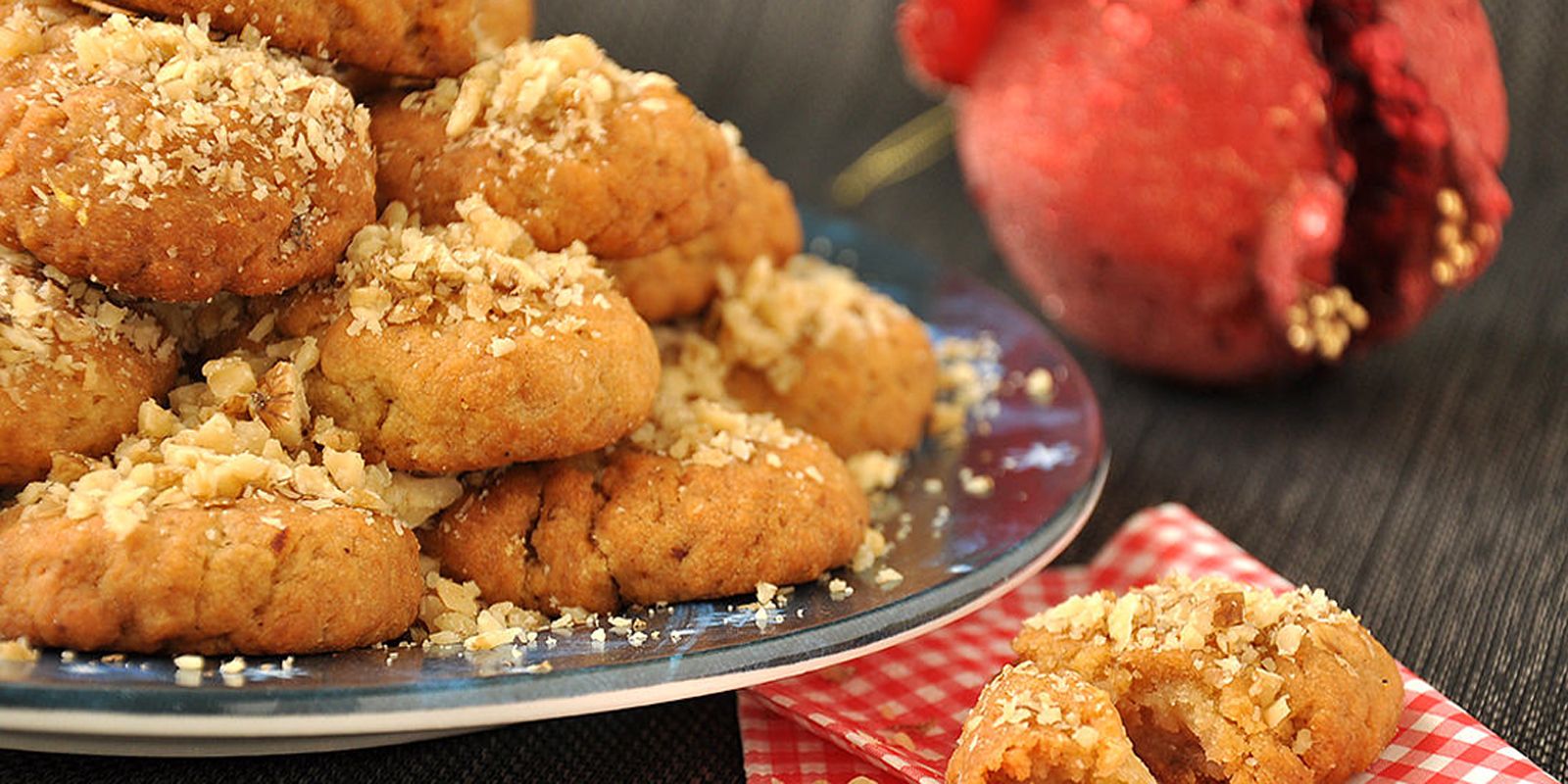
Melomakarona
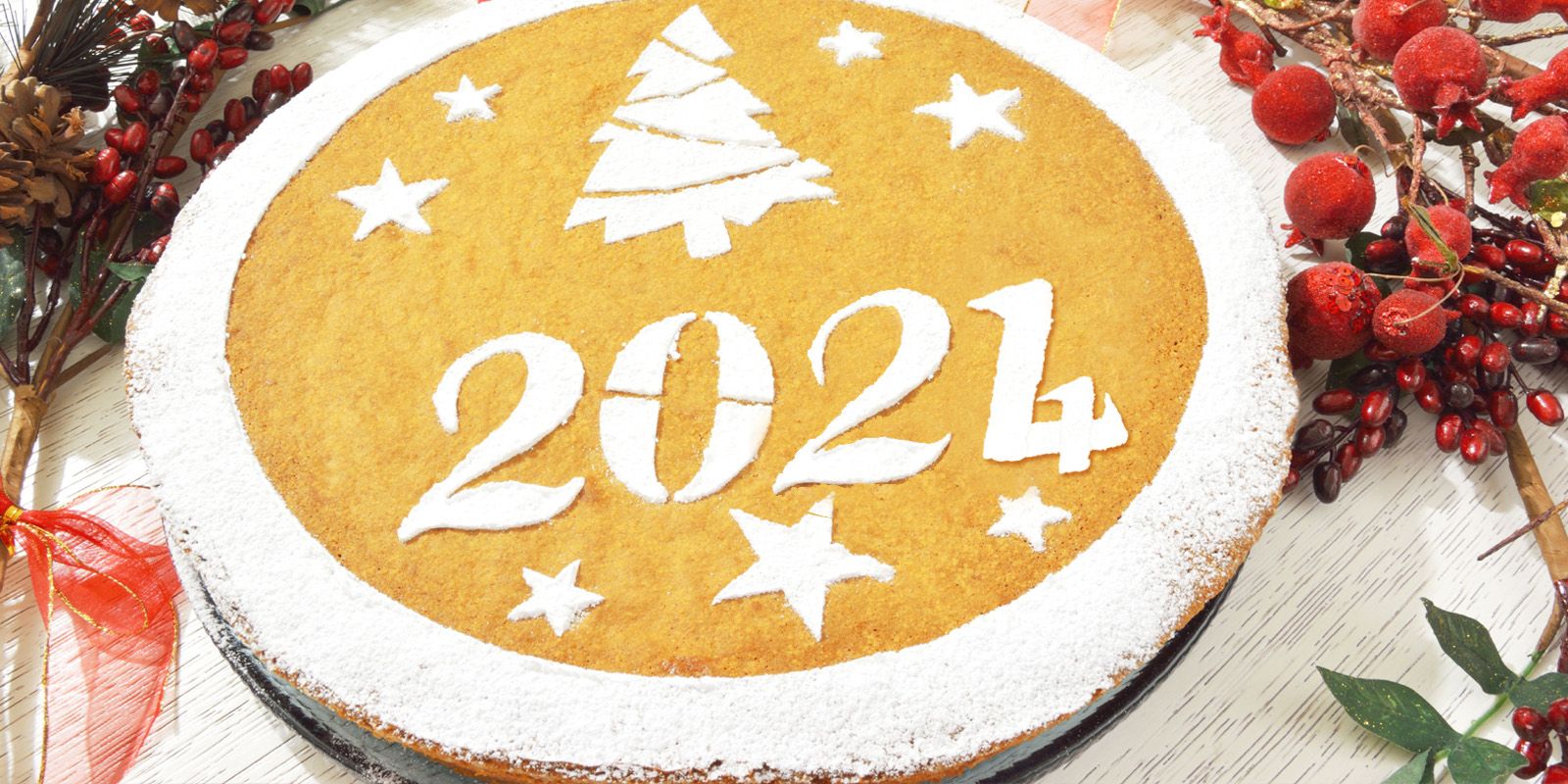
Vasilopitta
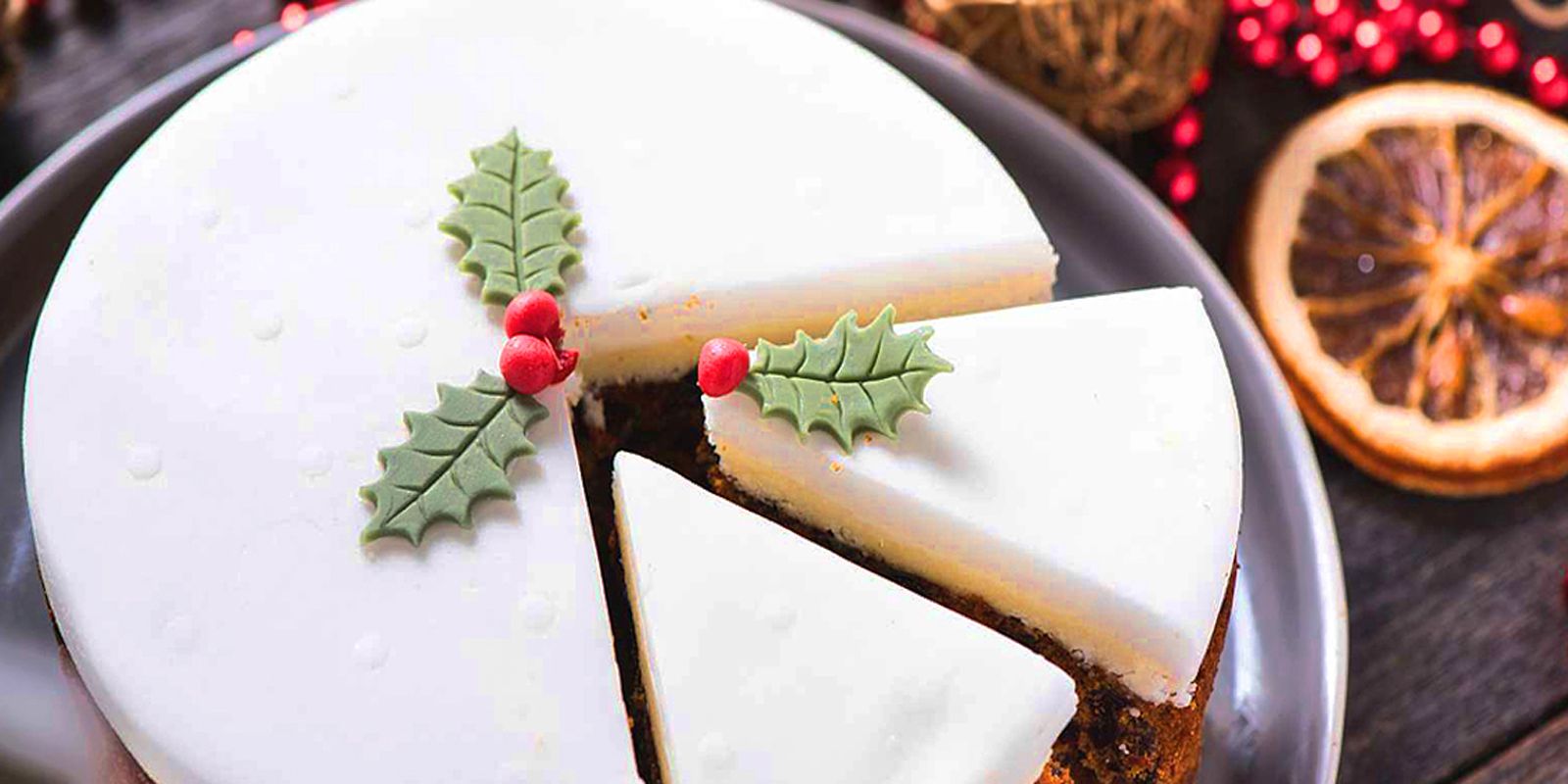
Christmas Cake
Traditional Foods
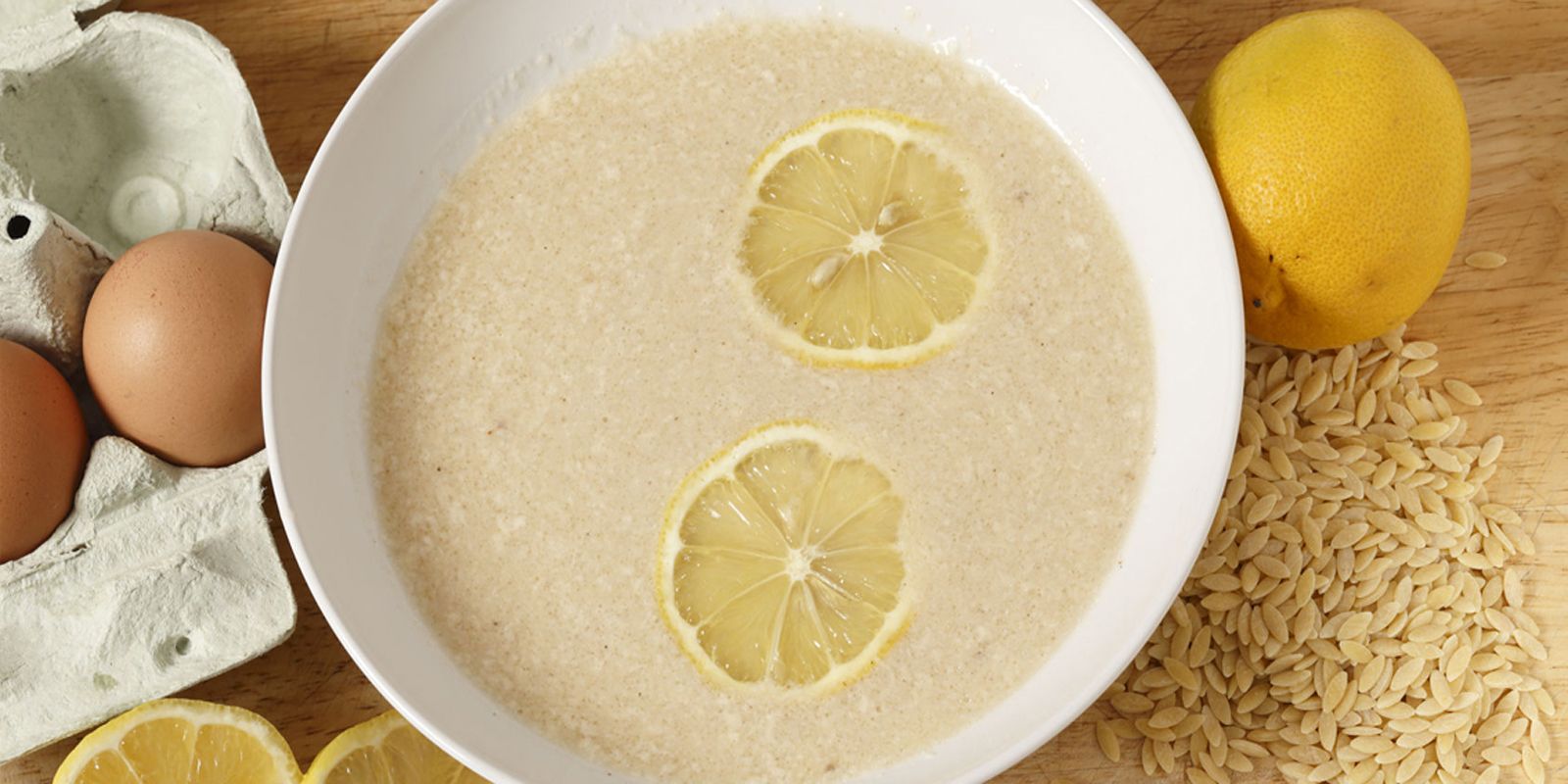
Egg Lemon Soup
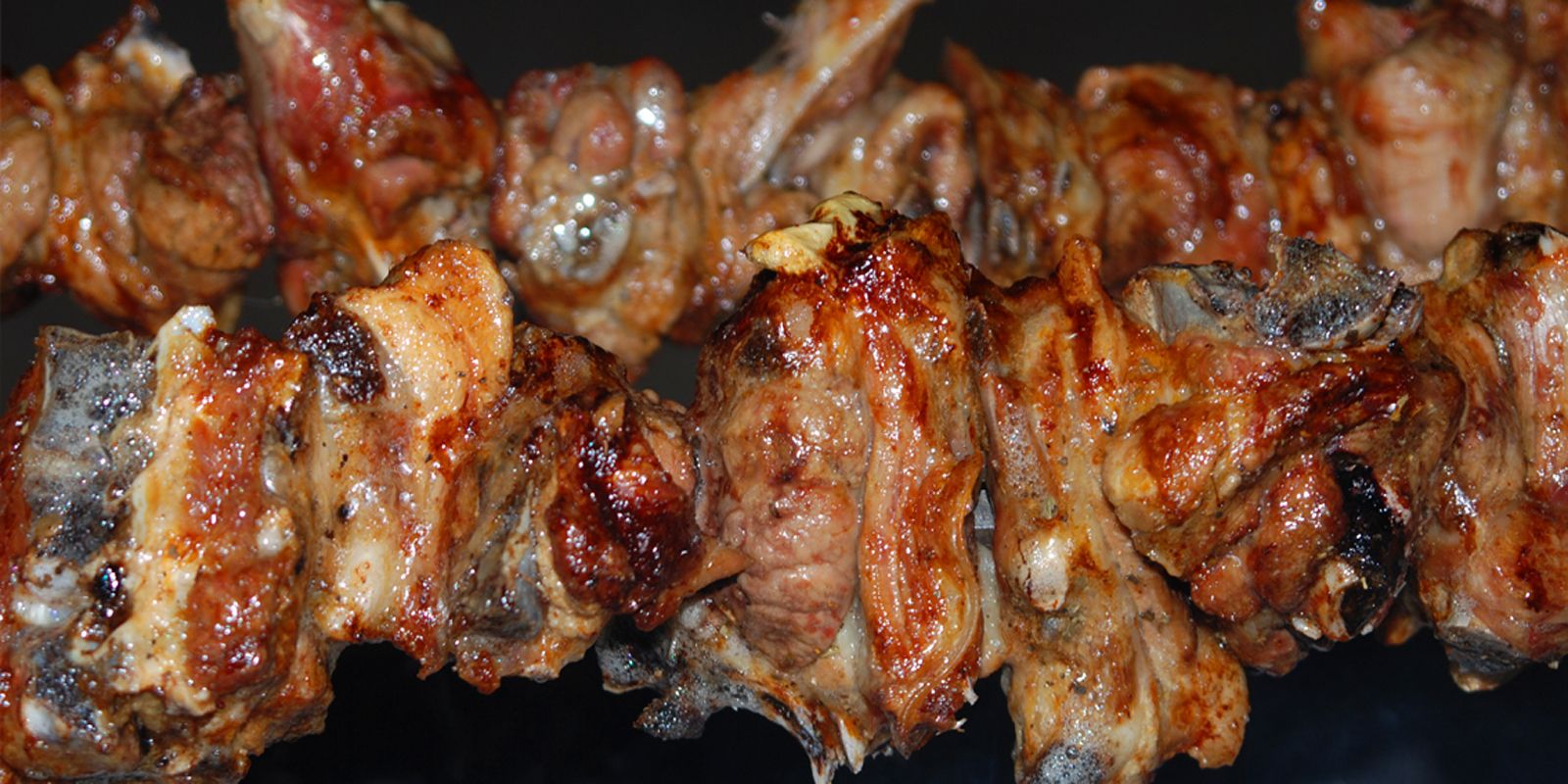
Souvla
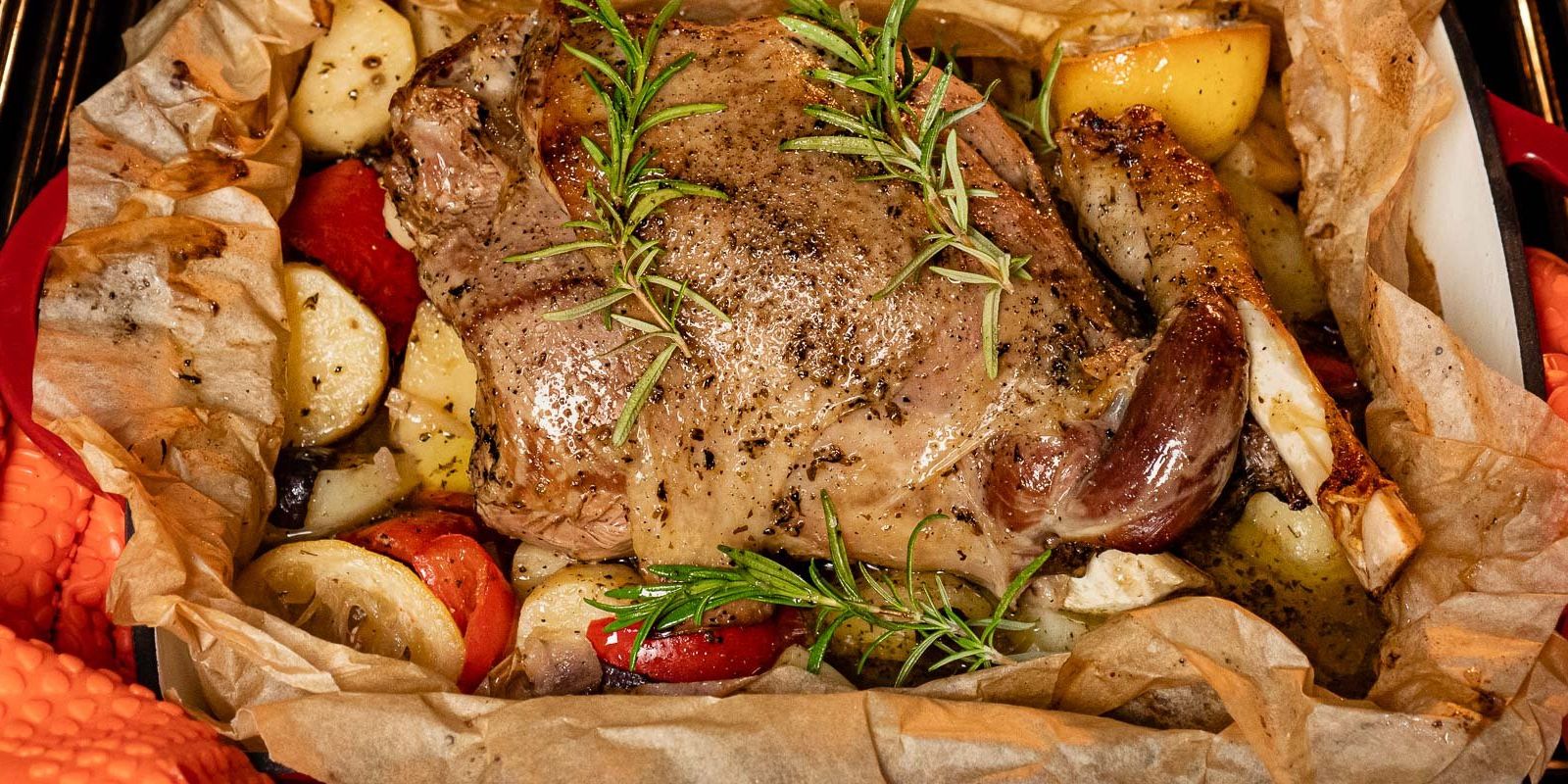
Lamb – Kleftiko
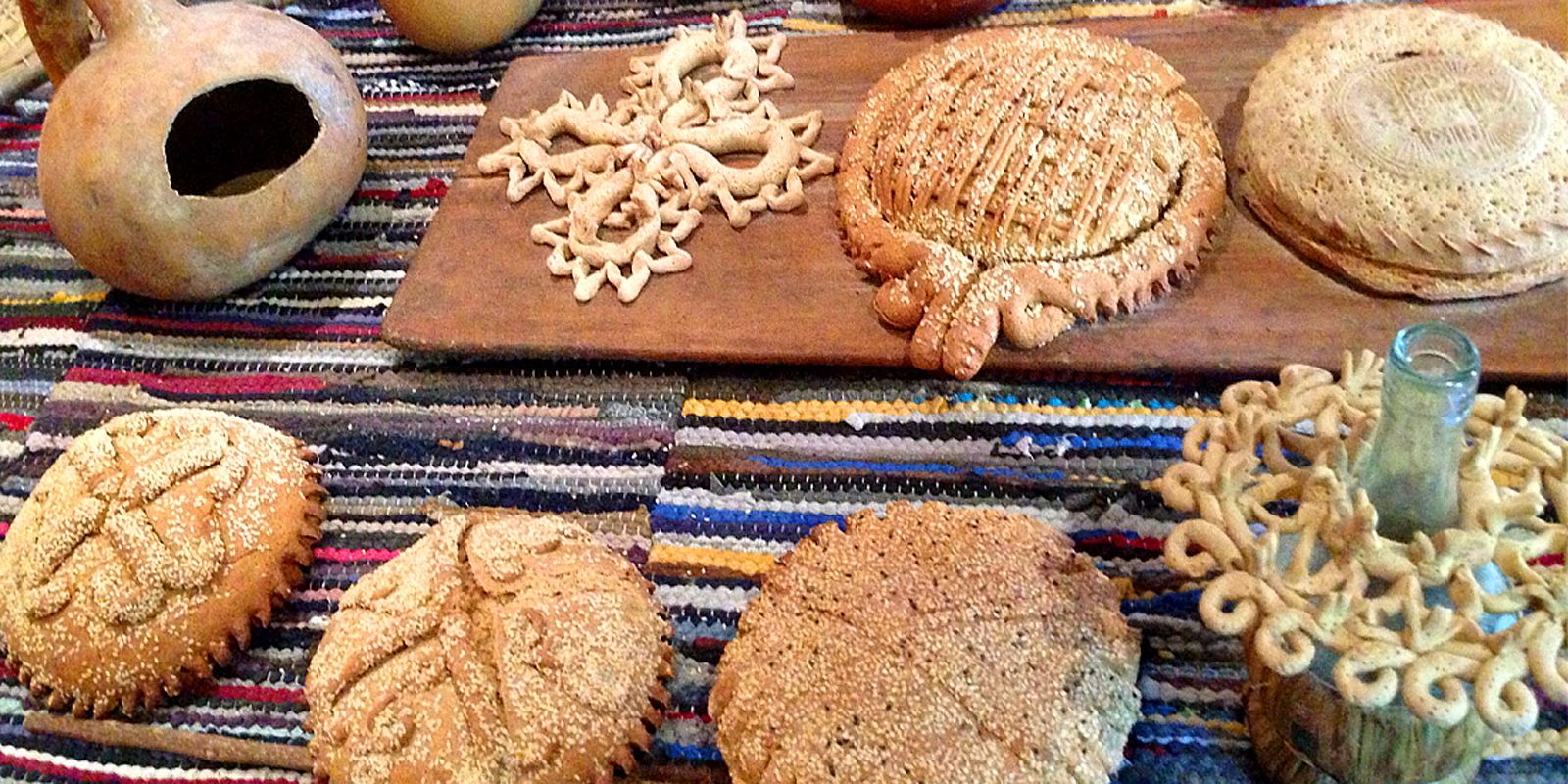
Gennopitta
Village Traditions
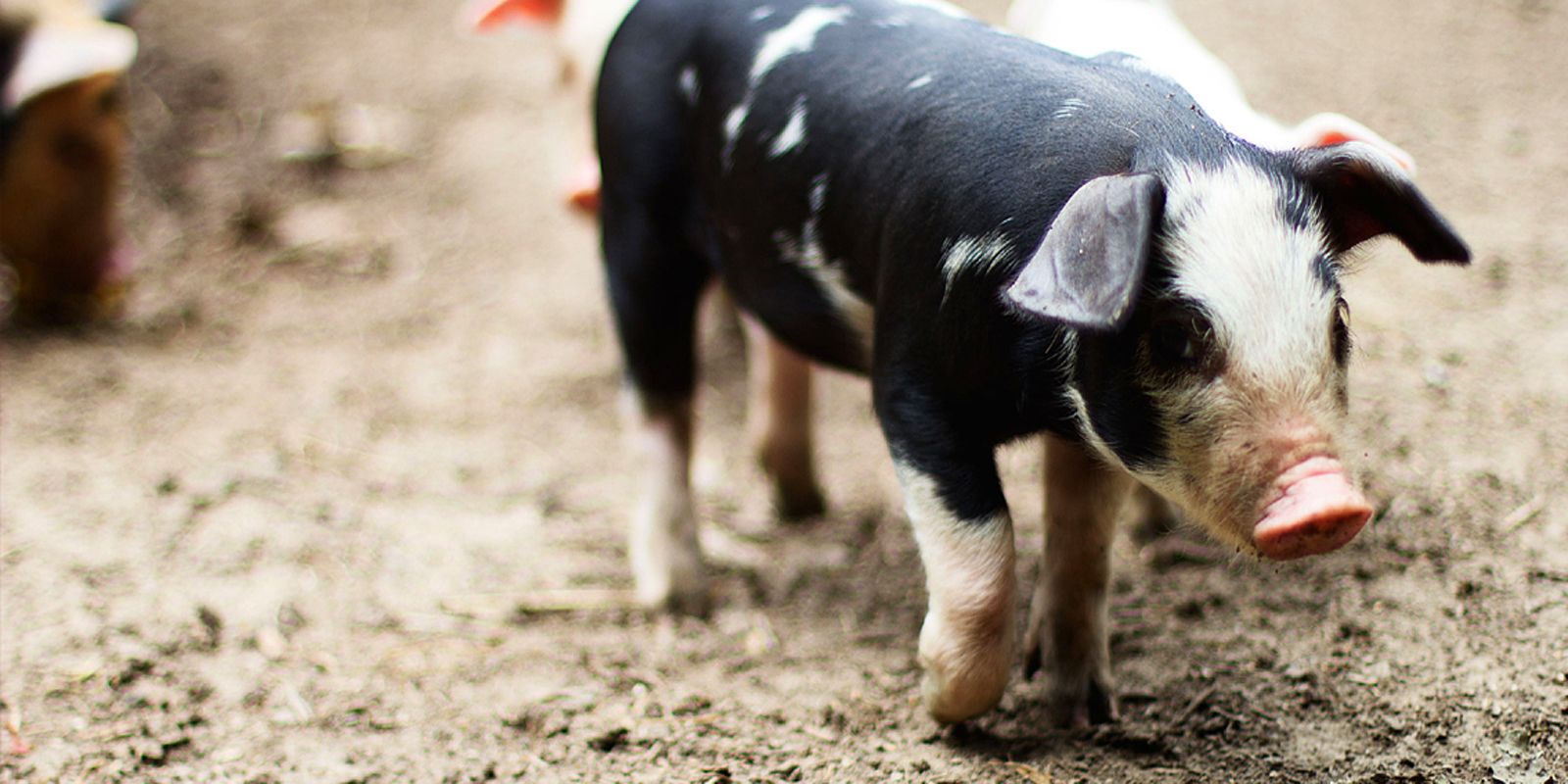
A little pig
for Christmas
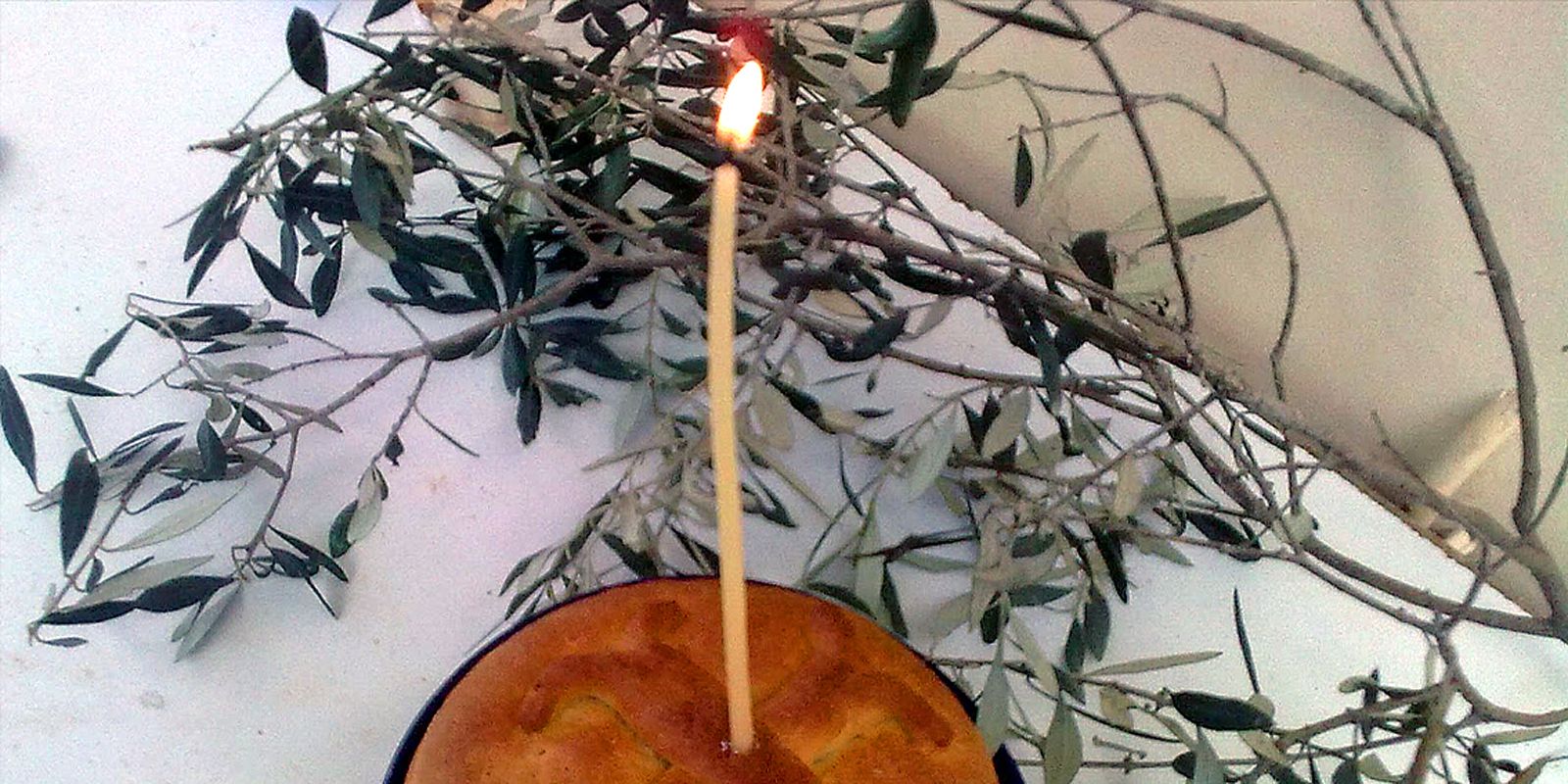
Olive Game
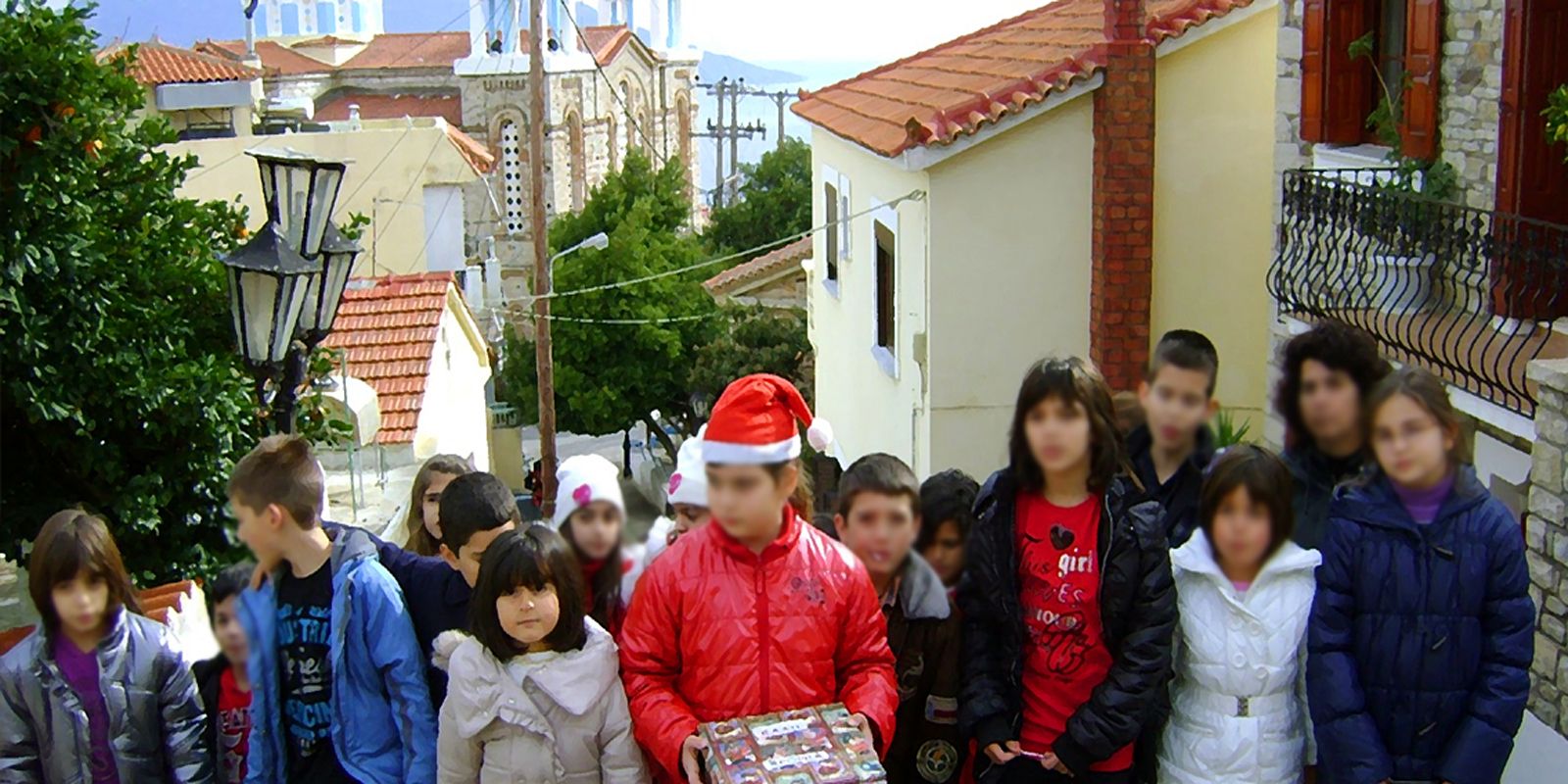
Kalanda

Saint Vasilis Day
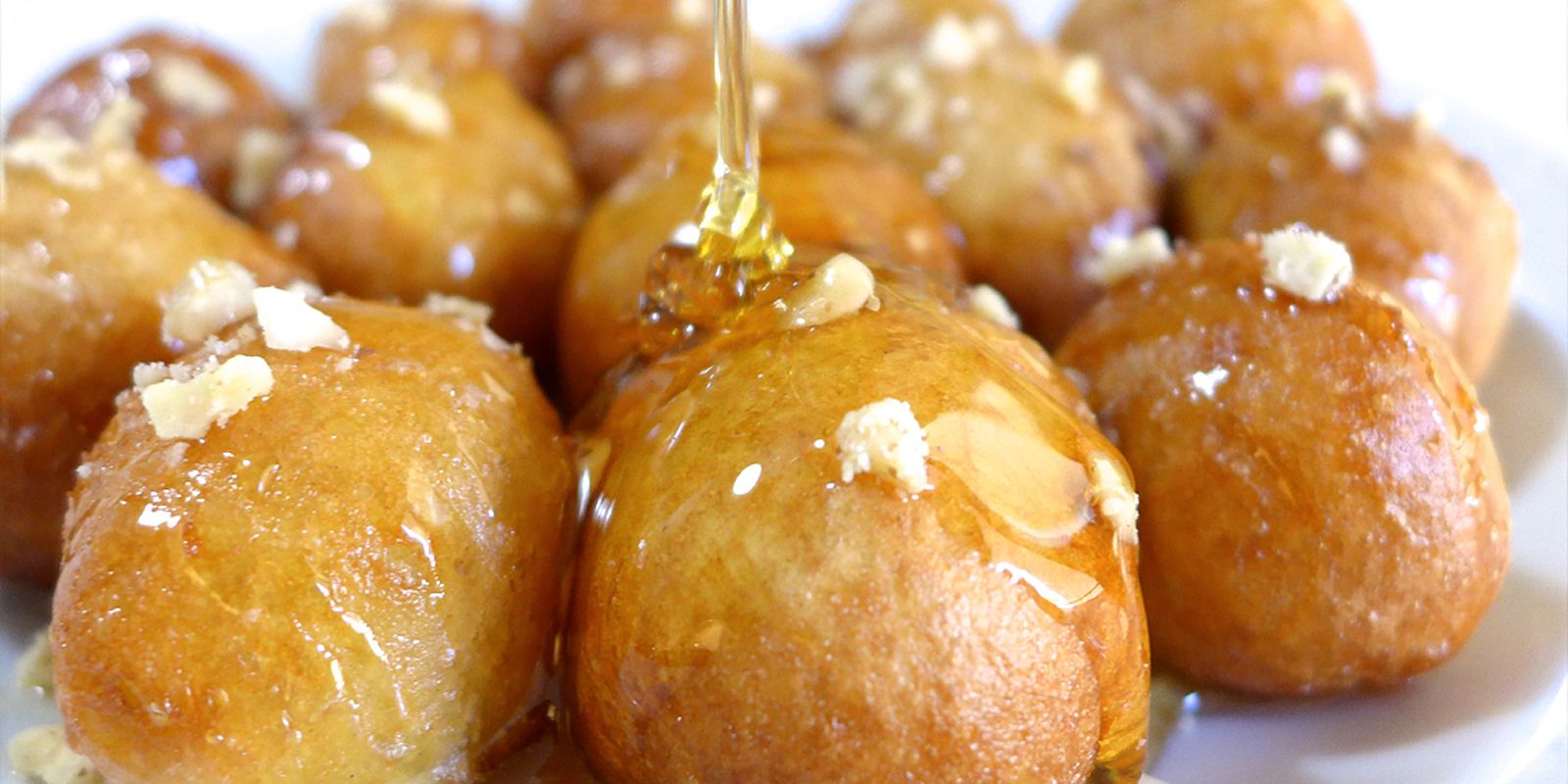
 Cities/District
Cities/District Monasteries
Monasteries Unesco Churches
Unesco Churches Food & Drink
Food & Drink  Limassol to Nicosia
Limassol to Nicosia Famagusta to Machairas
Famagusta to Machairas Kourion to West Akamas
Kourion to West Akamas Hotels
Hotels Villas
Villas Agrotourism Accommodations
Agrotourism Accommodations Flights
Flights Rent a Car
Rent a Car












